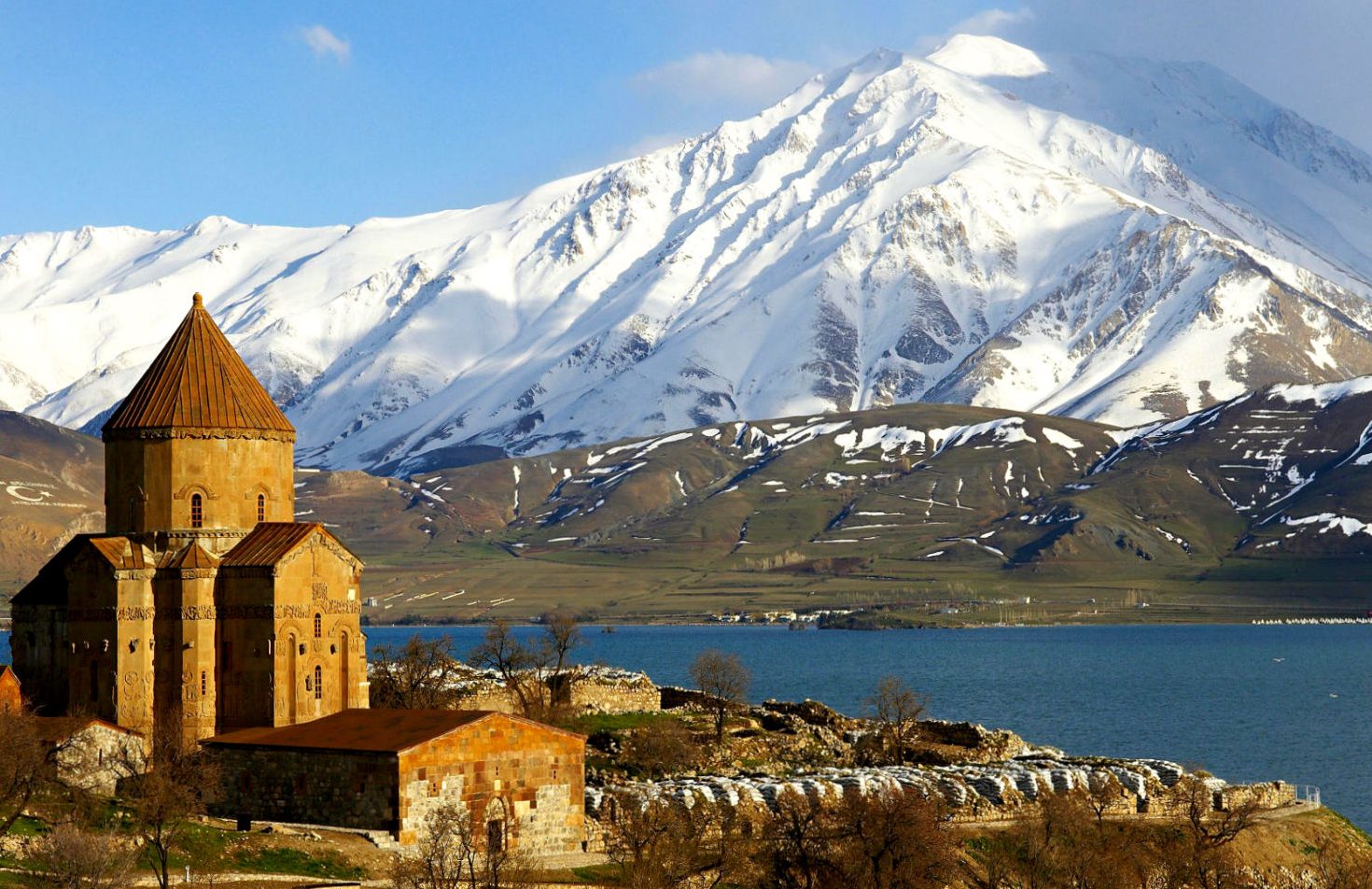The most important and best known of all his works is that to which the author himself gave the name of “Fountain of Wisdom” (pege gnoseos). This work has always been held in the highest esteem in both the Catholic and Greek Churches. Its merit is not that of originality, for the author asserts, at the end of the second chapter of the “Dialectic”, that it is not his purpose to set forth his own views, but rather to collate and epitomize in a single work the opinions of the great ecclesiastical writers who have gone before him. A special interest attaches to it for the reason that it is the first attempt at a summa theologica that has come down to us.
The “Fountain of Wisdom” is divided into three parts, namely, “Philosophical Chapters” (Kephalaia philosophika), “Concerning Heresy” (peri aipeseon), and “An Exact Exposition of the Orthodox Faith” (Ikdosis akribes tes orthodoxou pisteos). The title of the first book is somewhat too comprehensive for its contents and consequently is more commonly called “Dialectic”. With the exception of the fifteenchapters that deal exclusively with logic, it has mostly to do with the ontology of Aristotle.
Fountain of Wisdom
It is largely a summary of the Categories of Aristotle with Porphyry’s “Isagoge” (Eisagoge eis tas kategorias). It seems to have been John Damascene’s purpose to give his readers only such philosophical knowledge as was necessary for understanding the subsequent parts of the “Fountain of Wisdom”. For more than one reason the “Dialectic” is a work of unusual interest. In the first place, it is a record of the technical terminology used by the Greek Fathers, not only against the heretics, but also in the exposition of the Faith for the benefit of Christians. It is interesting, too, for the reason that it is a partial exposition of the “Organon”, and the application of its methods to Catholic theology a century before the first Arabic translation of Aristotle made its appearance.
The second part, “Concerning Heresy”, is little more than a copy of a similar work by Epiphanius, brought up to date by John Damascene. The author indeed expressly disclaims originality except in the chapters devoted to Islamism, Iconoclasm, and Aposchitae. To the list of eighty heresies that constitute the “Panarion” of Epiphanius, he added twenty heresies that had sprung up since his time. In treating of Islamism he vigorously assails the immoral practices of Mohammed and the corrupt teachings inserted in the Koran to legalize the delinquencies of the prophet.
Read More about Memnon the Philosopher or Human Wisdom part 3








